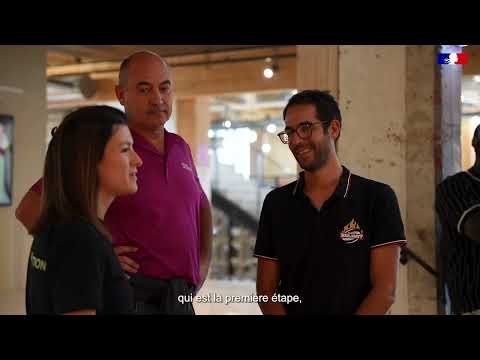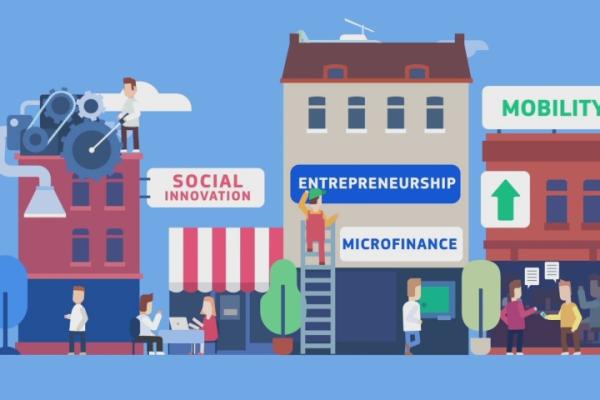How do we define social innovation (SI)? How do we harness its capacity to address social challenges; provide reliable, future-facing organisations; and sustainably recover from the COVID-19 pandemic? How do we ensure that all communities experience these benefits – including rural areas, or those who do not already benefit from social funding and expertise? Six transnational projects are developing answers to these questions and building social innovation “Competence Centres” in nearly all EU Member States.
What are Competence Centres?
Funded in part through the 2014-2020 European Social Fund and the EU programme for Employment and Social Innovation (EaSI) a series of six consortia were selected to set up national competence centres and drive social innovation – locally, regionally, nationally and transnationally. Covering 25 countries and mobilising 148 organisations, consortia aim to cultivate networks, build capacities and synergies, spotlight efficiencies and develop the tools and methods that will be essential to growing social innovation (SI) across the EU.
Currently, these six projects are investigating national ecosystems for SI to provide for a better understanding of the starting point in each country. This includes mapping the most important stakeholders (project promoters, funders, support organisations), their expertise and needs for capacity building.
Based on this initial mapping the aim is to establish in each country a competence centre, which will focus on certain key functions, such as:
- building a joint strategy and action plan for promoting social innovation in the country
- linking different kind of stakeholders, helping them to find synergies and pool together their expertise and develop joint advocacy work
- providing capacity building to stakeholders depending on their needs
- helping stakeholders to make good use of available EU funding (ESF+ and other EU funds and programmes)
- help social innovation stakeholders to connect transnationally to exchange and cooperate with their peers across the EU.
This work will help ESF+ Managing Authorities in programming and implementing actions with ESF+ funds.
What’s next?
One continuous challenge in the field of social innovation is how to scale up the innovative solutions and their impact. For this reason each consortium is also asked to run a test of scaling up or replicating one promising social innovation. This is a project in itself: depending of the nature of the social innovation the scaling might take very different paths. Some would– require work to conceptualise new processes in human resources or developing working business models to make the projects financially sustainable. In some other cases, the focus could be on convincing public service providers to roll out a new delivery model, emerging from a social innovation project.
Competence centres will establish different organisational structures or networks depending what suits to their country. They are expected to become a reliable source of knowledge and expertise; from an ESF+ perspective, this work will inform attempts to set up also a European Competence Centre for Social Innovation – with a transnational cooperation platform that would allow far greater levels of collaboration across Europe.
Why SI is important
Social innovation means developing new ideas, services and models to better address social challenges. SI is vital for community development, improving social services and building a society that listens to the voices of local communities, public and private actors. Initiatives such as these can develop the European Social Fund Plus’ (ESF+) capacity to achieve its aims under the European Pillar of Social Rights – creating equal opportunities in a fair and socially inclusive society.
For more information
Social innovation is a rapidly-developing aspect of ESF+ funding. The competence centre initiative will be critical to ensuring all communities benefit from all available opportunities. Below, you can find factsheets detailing the activities of consortia collaborating to build these centres.



